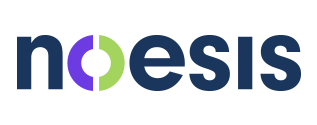What does your desk look like? You may have heard that a messy desk is a sign of creativity, but that same clutter may actually be stalling your thinking.
According to a recent Harvard Business Review article, clutter affects your brain and your work.
“Scientists at the Princeton University Neuroscience Institute have used fMRI and other approaches to show that our brains like order, and that constant visual reminders of disorganization drain our cognitive resources and reduce our ability to focus. They also found that when participants cleared clutter from their work environment, they were better able to focus and process information, and their productivity increased.”
As HBR points out, people who felt overwhelmed by too much “stuff” in their work environment (and at home) were more likely to procrastinate and engage in avoidance strategies.
Given what we know about the brain and how much it likes things being just so, it’s no surprise those overflowing filing cabinets and desktop mess can be a distraction.
If employees frequently experience information overload or competing priorities, that produces a brain chemistry high in cortisol and norepinephrine. This correlated with irritability and a reduced ability to have insights, focus on strategic goals. And because the brain is a terrible multitasker, visual clutter also pulls our attention away from the work we’re trying to get done.
Focusing on one task at a time and successfully completing it is like candy for the brain, literally drip-feeding your brain with the neurotransmitter dopamine, which keeps you curious and motivated.
Being able to focus on what matters most – not sifting through old coffee cups, reams of paper, and discarded pens – helps us perform better and be more productive, which means it just may be time to clean off your desk. Your brain (and your boss) will thank you.
Noesis delivers neuroleadership consulting and training to organizations handling everyday change and major transformation initiatives. We help our Fortune 500 clients scientifically improve leadership.


Recent Comments